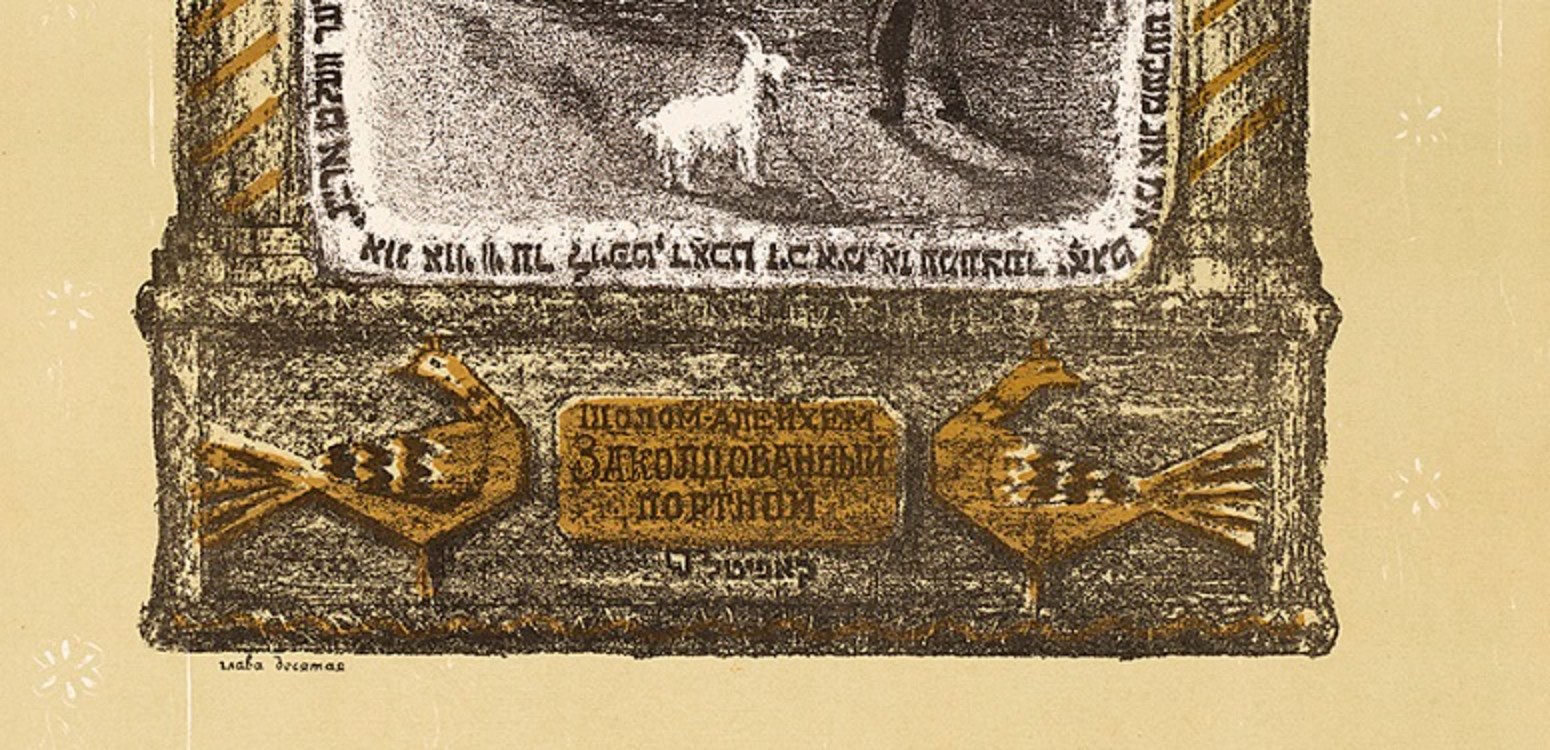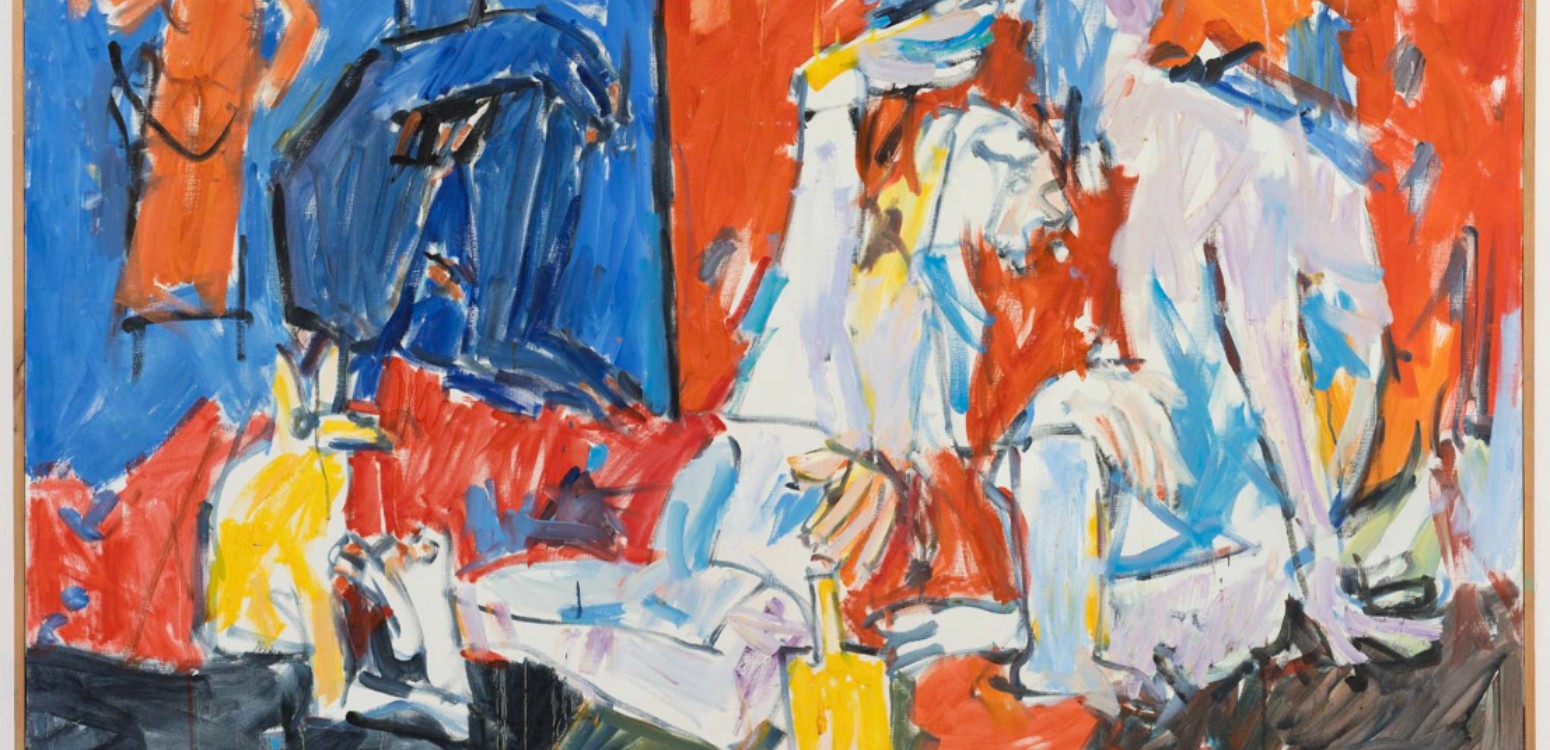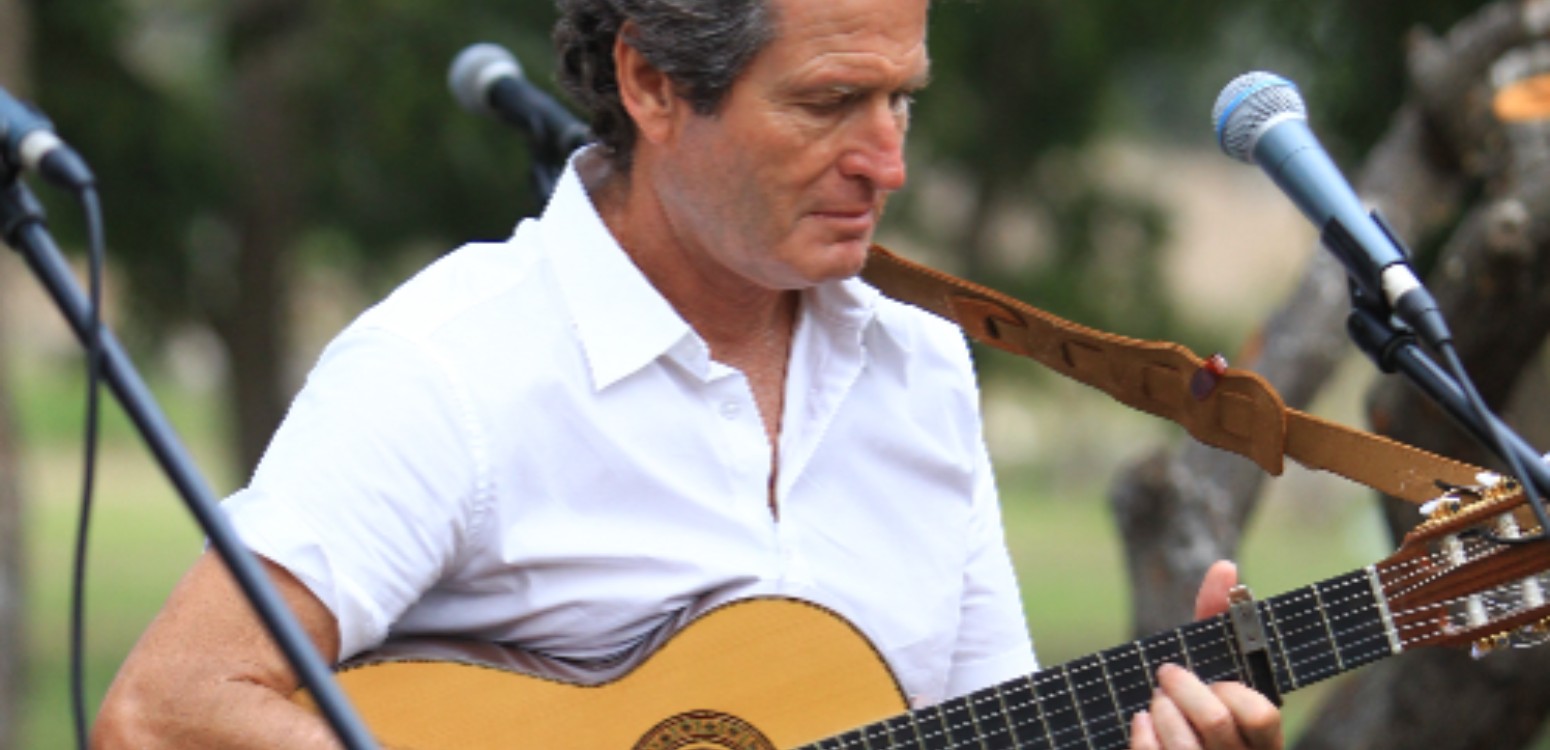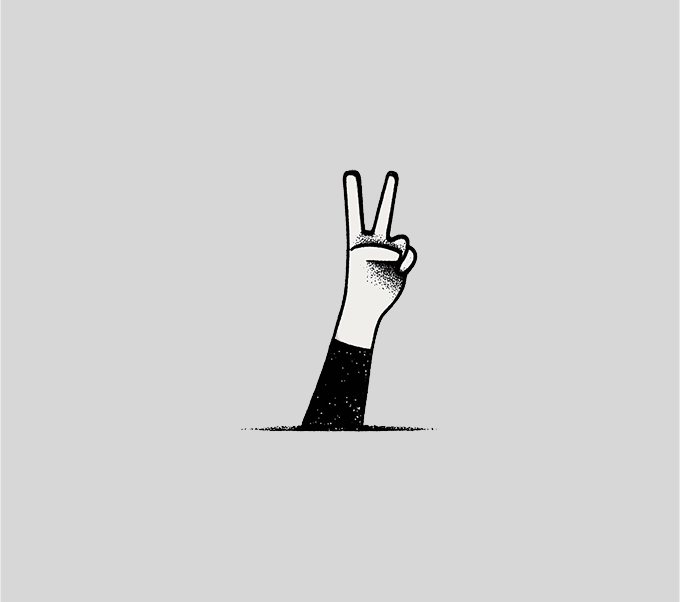On the 25th anniversary of Yehuda Amichai’s death, we look back at the close, long-lasting friendship between the Israeli poet and the English poet Ted Hughes, as remembered by Amchai’s son David
My father, Yehuda Amichai (1924-2000), has written poetry that has been translated into 40 different languages. His poems appeared in various countries, platforms, and formats: anthologies, prayer books, and even signs on the New York subway and London underground. However, not many know that my father owed part of his international breakthrough to the English poet Ted Hughes, with whom my father formed a strong bond that became a years-long friendship.
Ted Hughes (1930-1998) and Daniel Weissbort (1935-2013) were the ones who exposed my father’s poetry to the wider world, beyond Israel’s borders.
In February 1965, my father received a letter from England, from Daniel Weissbort. In the letter, Weissbort requested my father’s permission to publish his poems translated into English in the first issue of the new monthly magazine that he and Ted Hughes published at the time, “Poetry in Translation.” Some time earlier, Weissbort had asked Dennis Silk (1928-1998), an English poet living in Jerusalem, to share English translations of Israeli poets. Hughes and Weissbort loved my father’s poems which Silk sent, and asked my father if he had any more works translated to English.
My father’s poems appeared in the magazine’s first issue, which also published poems by Czesław Miłosz, Zbigniew Herbert, Vasko Popa, and others.
In September 1966, Hughes sent my father a letter inviting him to participate in the first international poetry festival that was to take place in London in 1967, alongside Pablo Neruda, Anne Sexton, Allen Ginsberg, Eugenio Montale, Ingeborg Bachmann, Giuseppe Ungaretti, Paul Celan, Andrei Voznesensky, W. H. Auden, Robert Lowell, Zbigniew Herbert, René Char, and others.
During the festival, a strong friendship was woven between Hughes and my father. At the time, Hughes’s partner was German-Israeli Assia Gutmann (1927-1969); his relationship with her as well as with his previous wife, poet Sylvia Plath (1932-1963), ended in tragedy. Together with Gutmann, Hughes translated Amichai's poems into English. This friendship, which included mutual visits and correspondence, continued until Hughes's death in 1998.
Friendship and admiration
In 1983, Ted wrote to my father: “Yehuda, I think you are my favorite poet.” In that letter, Hughes contrasted my father with all those modern poets. According to Hughes, unlike them, Amichai wrote about human beings.
In 1998, when my father was battling a serious illness in New York, we heard on the news that Ted Hughes had died. We tried to hide the difficult news from Dad so as not to cause him additional grief, but we understood that the fact of Ted's death, which was covered in all media outlets, would eventually reach him. I remembered the summer when we were all at Ted’s farm in Devon, England: the large red bulls grazing on the green pastures and the large green gate at the farm’s entrance, which was always open. We decided it would be better for us to tell Dad the bitter news of Ted’s death. Dad was silent, then said in pain: “The big green gate in Devon has closed, and will never open again.”
This article was originally published in Hebrew.
Main Photo:Yehuda Amichai And Ted Hughes\ Courtesy of the Amichai family





















